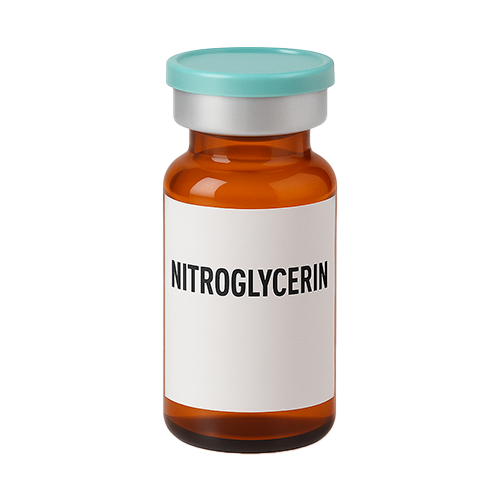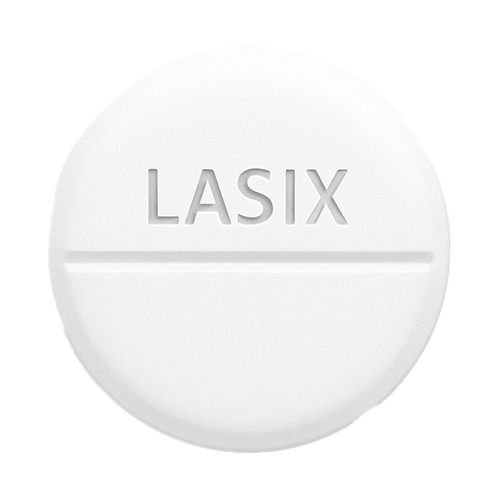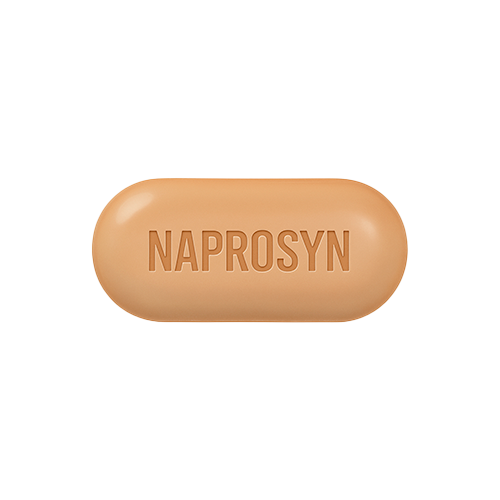Product Description
Lisinopril is a widely prescribed ACE inhibitor that helps manage various forms of arterial hypertension, including renovascular hypertension, and is also used as part of complex therapy for heart failure. By inhibiting the conversion of angiotensin I to angiotensin II, Lisinopril reduces vasoconstriction and lowers the release of aldosterone, resulting in improved blood flow and reduced blood pressure. Additionally, the medication enhances bradykinin activity and increases prostaglandin synthesis, contributing to its vasodilating effect. Lisinopril effectively decreases systemic vascular resistance, reduces preload and pulmonary capillary pressure, and improves cardiac output. This helps increase the heart’s tolerance to physical activity in patients with chronic heart failure. The drug is known for its ability to dilate arteries more significantly than veins, making it especially effective in controlling elevated blood pressure. Lisinopril supports long-term cardiovascular health by slowing disease progression and reducing the risk of complications. It is commonly prescribed as part of comprehensive treatment plans alongside lifestyle modifications, such as a balanced diet and regular exercise. Regular monitoring of kidney function and electrolyte levels is essential to ensure safe, sustained use. With proper adherence, Lisinopril offers reliable protection for heart and vascular health.
Mode of Application
For arterial hypertension, the standard starting dose of Lisinopril is 10 mg once daily. If the blood pressure response is insufficient, the dose may be gradually increased to 20-40 mg daily. In cases of chronic heart failure, treatment typically begins with 2.5 mg per day, with a maintenance dose ranging from 5 mg to 20 mg depending on patient response. For patients with renal impairment, water-electrolyte imbalances, renovascular hypertension, or those taking diuretics, the initial dose should be reduced to 2.5-5 mg daily. Lisinopril is taken once a day, at the same time each day, and can be taken with or without food. Doses are adjusted based on therapeutic effect and patient tolerance. Close medical supervision is necessary when initiating treatment to avoid hypotension. Routine blood tests are recommended to monitor kidney health and electrolyte levels. Proper hydration and adherence to dietary recommendations help support safe therapy. Patients should follow all dosage instructions carefully to prevent complications.
Contraindications
Lisinopril is contraindicated in patients with known hypersensitivity to ACE inhibitors, during pregnancy and lactation, and in individuals with a history of angioedema linked to previous ACE inhibitor use. It should not be used in people with hereditary or idiopathic angioedema, significant aortic stenosis, or severe cerebrovascular and coronary artery diseases. Caution is required in patients with autoimmune disorders, diabetes, hyperkalemia, bilateral renal artery stenosis, and those with only one functional kidney. Additional risk factors include advanced age, low blood volume, strict sodium-restricted diets, and recent kidney transplants. Lisinopril is not recommended for use in individuals under 18 years of age. Regular monitoring and careful dose adjustments help mitigate potential risks in sensitive populations. Patients must inform their healthcare provider of any pre-existing conditions. Special attention is necessary to prevent severe adverse reactions. Individualized treatment plans ensure the safest outcomes.
Safety Information
As a potent antihypertensive agent, Lisinopril requires careful use to avoid excessive blood pressure reduction, which could lead to dizziness or fainting. In diabetic patients, Lisinopril may influence blood sugar levels, requiring adjustments to antidiabetic medications. Concurrent use with other blood pressure medications or diuretics may amplify the hypotensive effect, so medical supervision is essential. Patients with kidney issues should undergo regular evaluations to assess function and detect any decline early. Avoiding potassium supplements and high-potassium diets can help prevent hyperkalemia. If signs of allergic reactions, such as facial swelling or difficulty breathing, occur, Lisinopril should be discontinued immediately, and medical care sought. Monitoring is especially important during the initial weeks of treatment. Blood tests may be required periodically to check electrolytes and liver function. Safe use relies on strict adherence to prescribed doses. Long-term success depends on combining medication with healthy lifestyle practices.
Side Effects
Common side effects of Lisinopril may include dizziness, headache, fatigue, and low blood pressure. Some patients experience digestive symptoms such as nausea, reduced appetite, abdominal discomfort, diarrhea, and dry mouth. Muscle twitching, mood swings, and mild confusion can occasionally occur, particularly in sensitive individuals. Allergic reactions like angioedema, skin rashes, and itching are rare but serious and require immediate medical attention. Blood-related side effects may include leukopenia, thrombocytopenia, and anemia, especially with prolonged use. Laboratory changes may reveal elevated potassium levels, increased uric acid, and minor liver enzyme elevations. Other possible reactions include a persistent dry cough, joint pain, fever, and, rarely, acute kidney failure. Children and elderly patients may be more susceptible to side effects such as dizziness, vision disturbances, and dry mouth. Most side effects are mild and resolve with continued use or dose adjustments. Regular check-ups help manage and prevent more serious complications during treatment.











Reviews
There are no reviews yet.